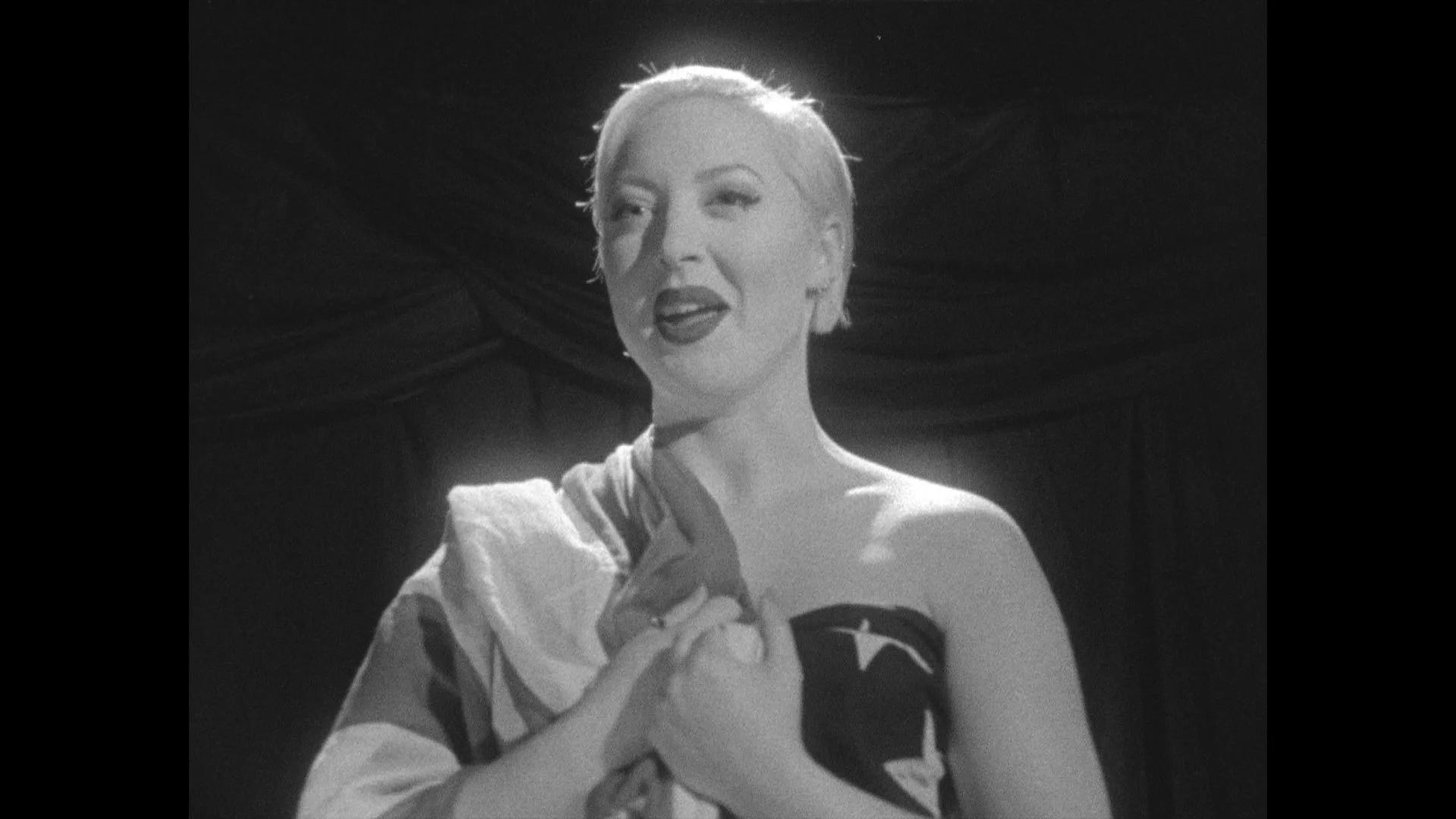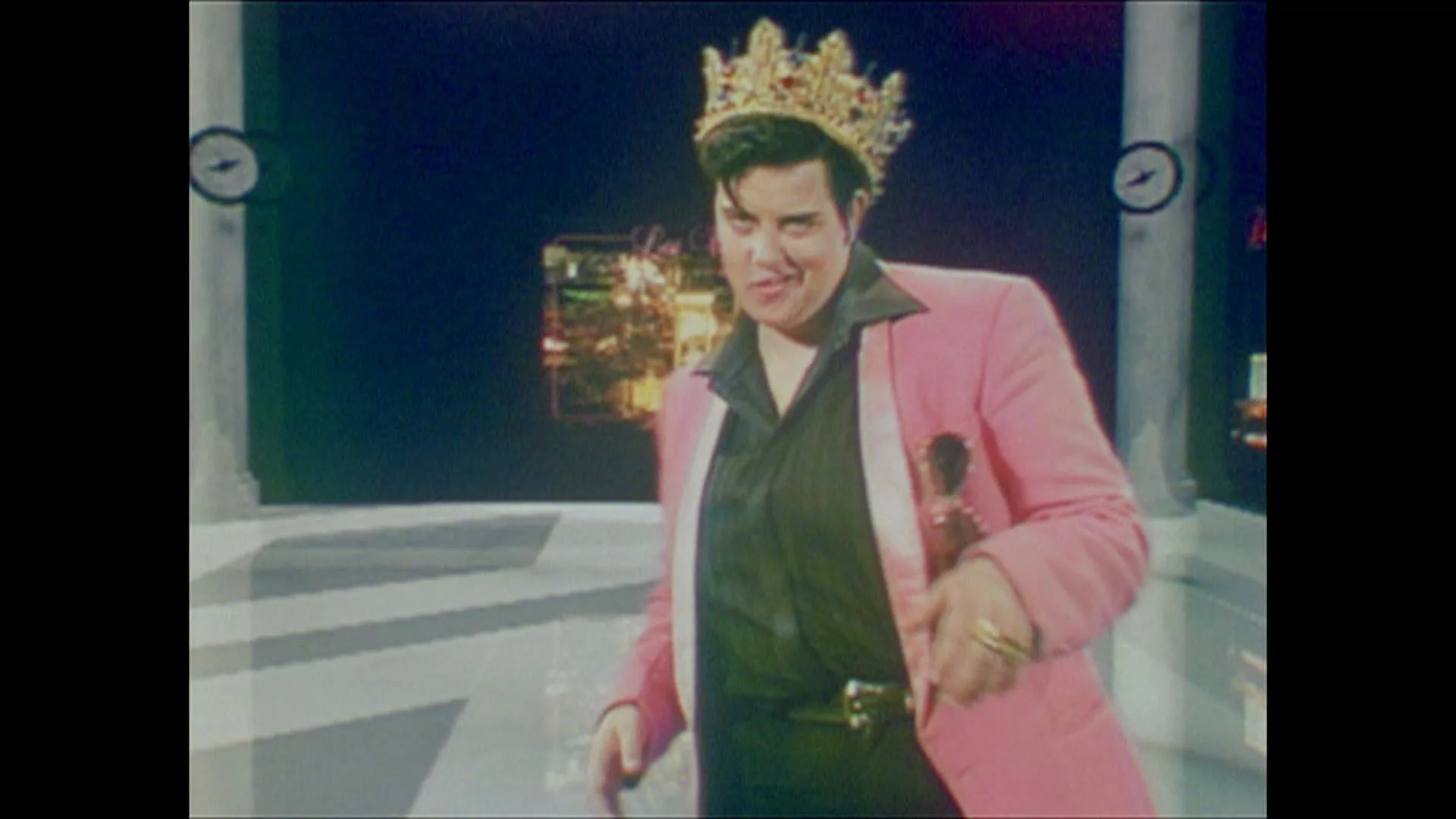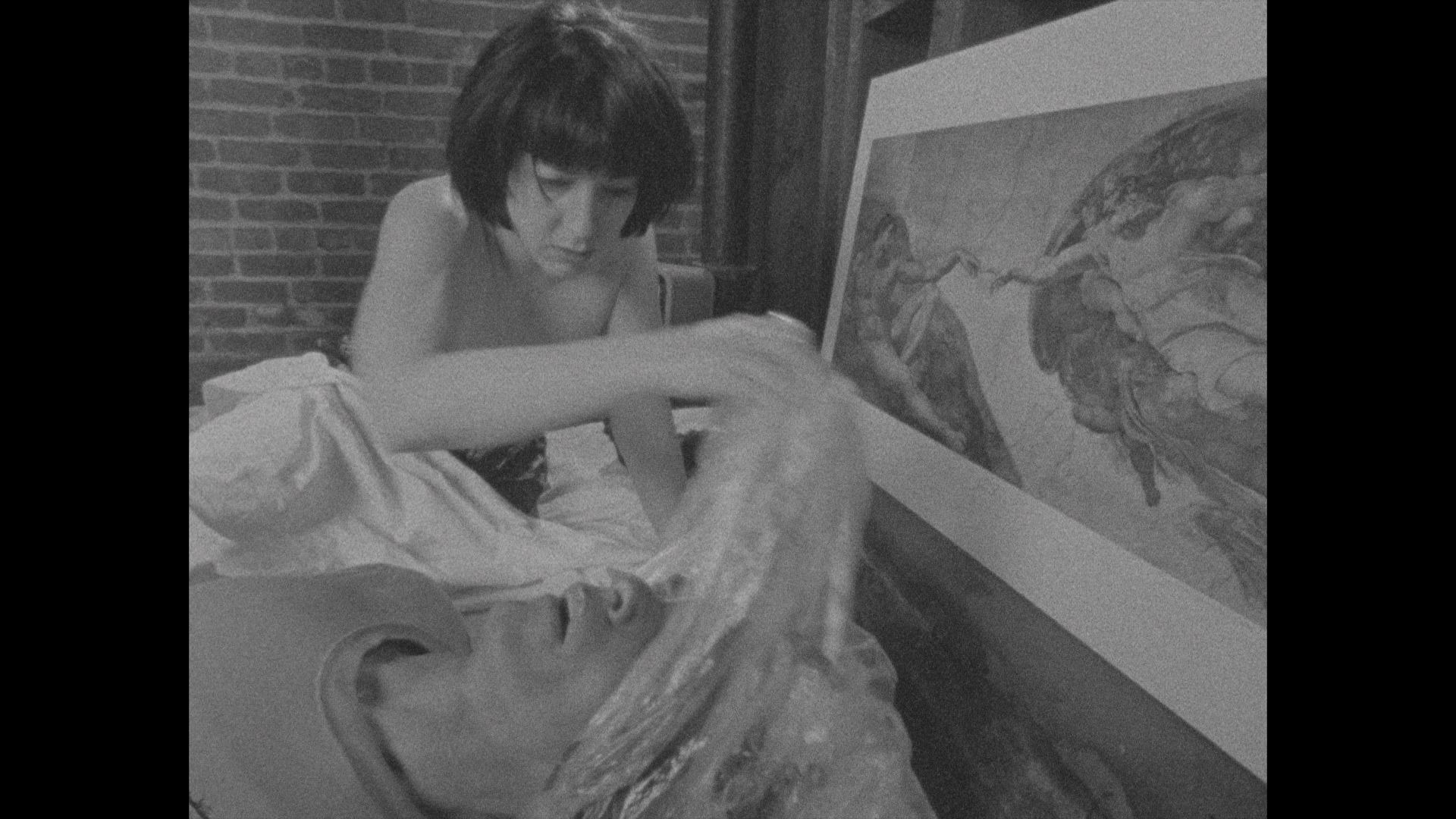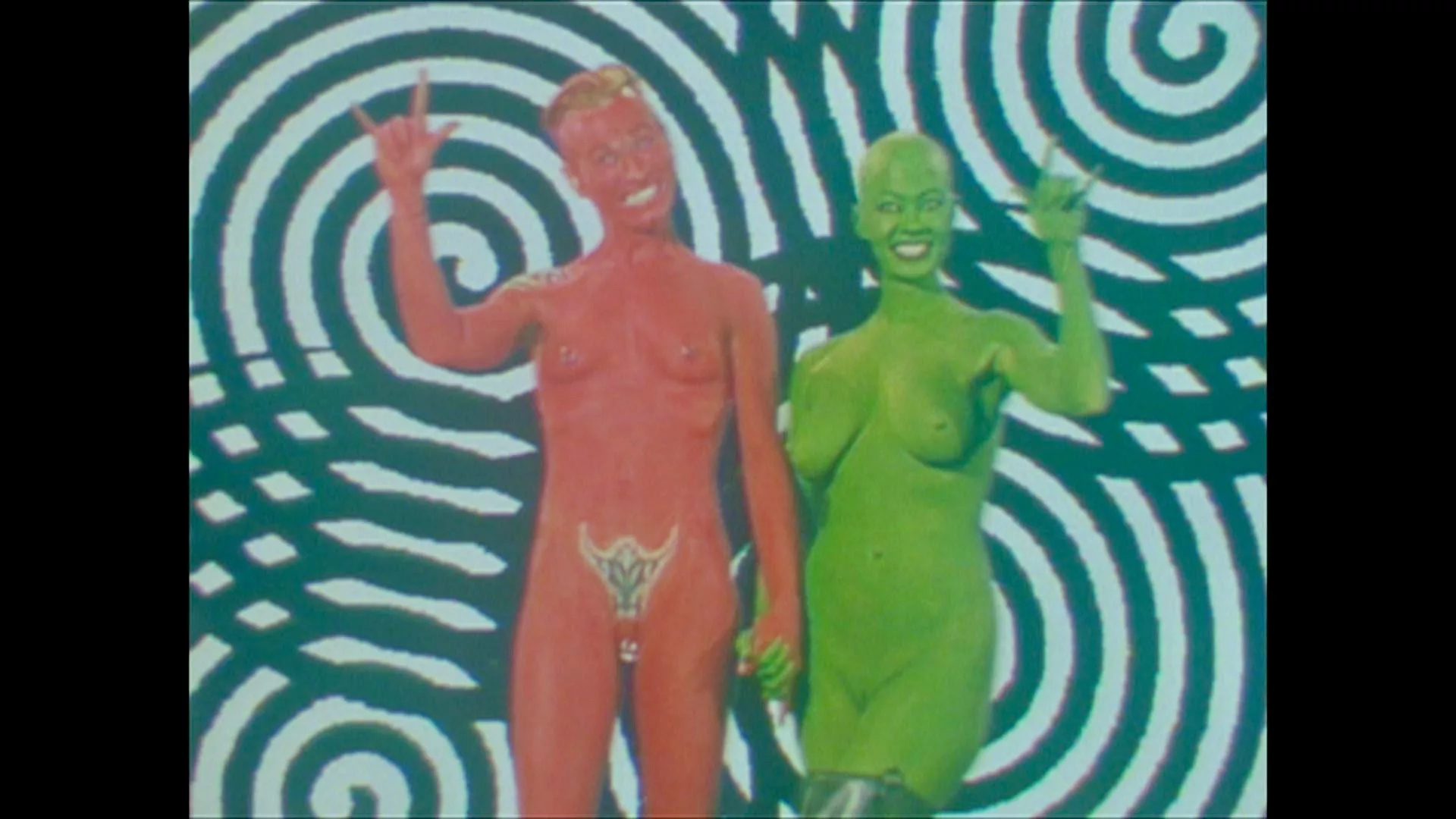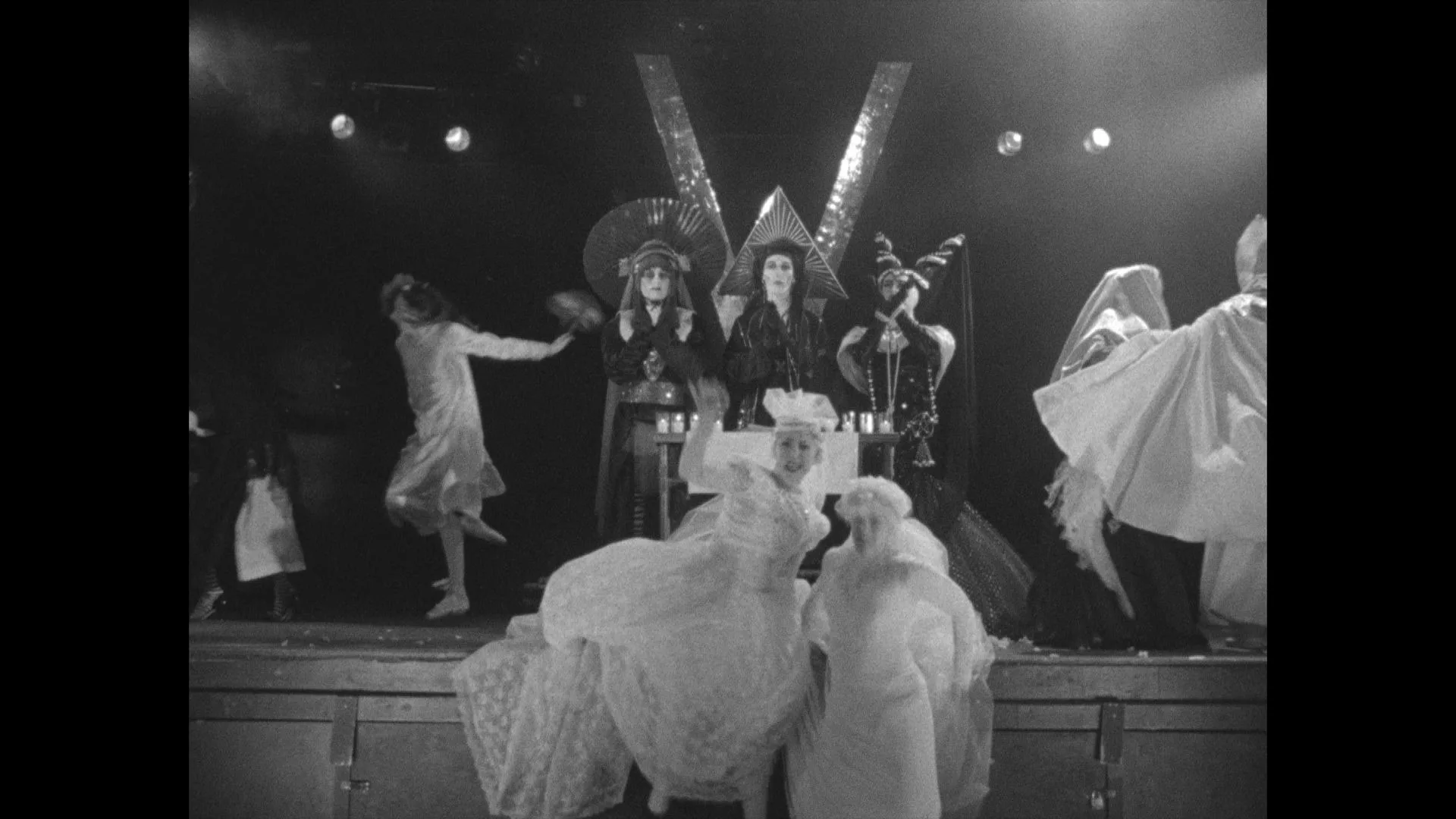Director Q&A
Virtue
Director Camera Obscura will be interviewed after the screening by San Francisco historian Jack Boulware, in a lively discussion that will also include Leigh Crow (Elvis Herselvis), Phillip R. Ford, Lu Read (Fudgie Frottage), Alvin Orloff, Beth Custer, R.U. Sirius and surprise guest icons!
“…[Virtue] is an ambitious and moody work that stretches a grade-Z budget into strikingly haunting territory.” — Glen Helfand, SF Bay Guardian
A quarter century since its release, filmmaker Camera Obscura’s Virtue emerges as a quintessential cinematic representation of San Francisco’s underground during the early 1990s.
Virtue reflects the historical moment during the 1990s when the two worlds of tech and queer/punk collided. As a result, the film was received as a perplexing anomaly. On the one hand, it was a campy, polymorphously perverse satire with music. On the other hand, it was a scathing critique (exceedingly rare at the time) of Silicon Valley’s techno-utopian vision. Neither fish nor fowl, the film defied genre.
The story, reminiscent in tone of a Twilight Zone allegory, involves a strange woman with an odd accent (Hundée) who loses her husband in a graphically depicted scene of auto-erotic asphyxiation. To cope with her loss, she seeks a virtual-reality substitute (a “man chip” as she calls it). This pursuit leads her into the prurient world of tech addicts who rely on chip pushers (the drug metaphor is obvious).
The film is chock full of cameos by bohemian icons of the day, including The Sisters of Perpetual Indulgence, Jello Biafra, Elvis Herselvis, and Doris Fish collaborators Phillip R. Ford and Miss X. Also included are interviews with futurists Timothy Leary, William Gibson, R.U. Sirius and John Perry Barlow. Beth Custer provides a bluesy score.
